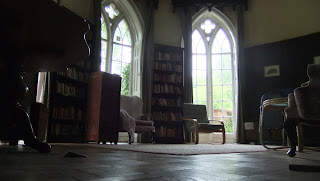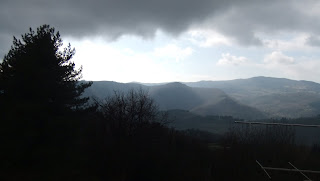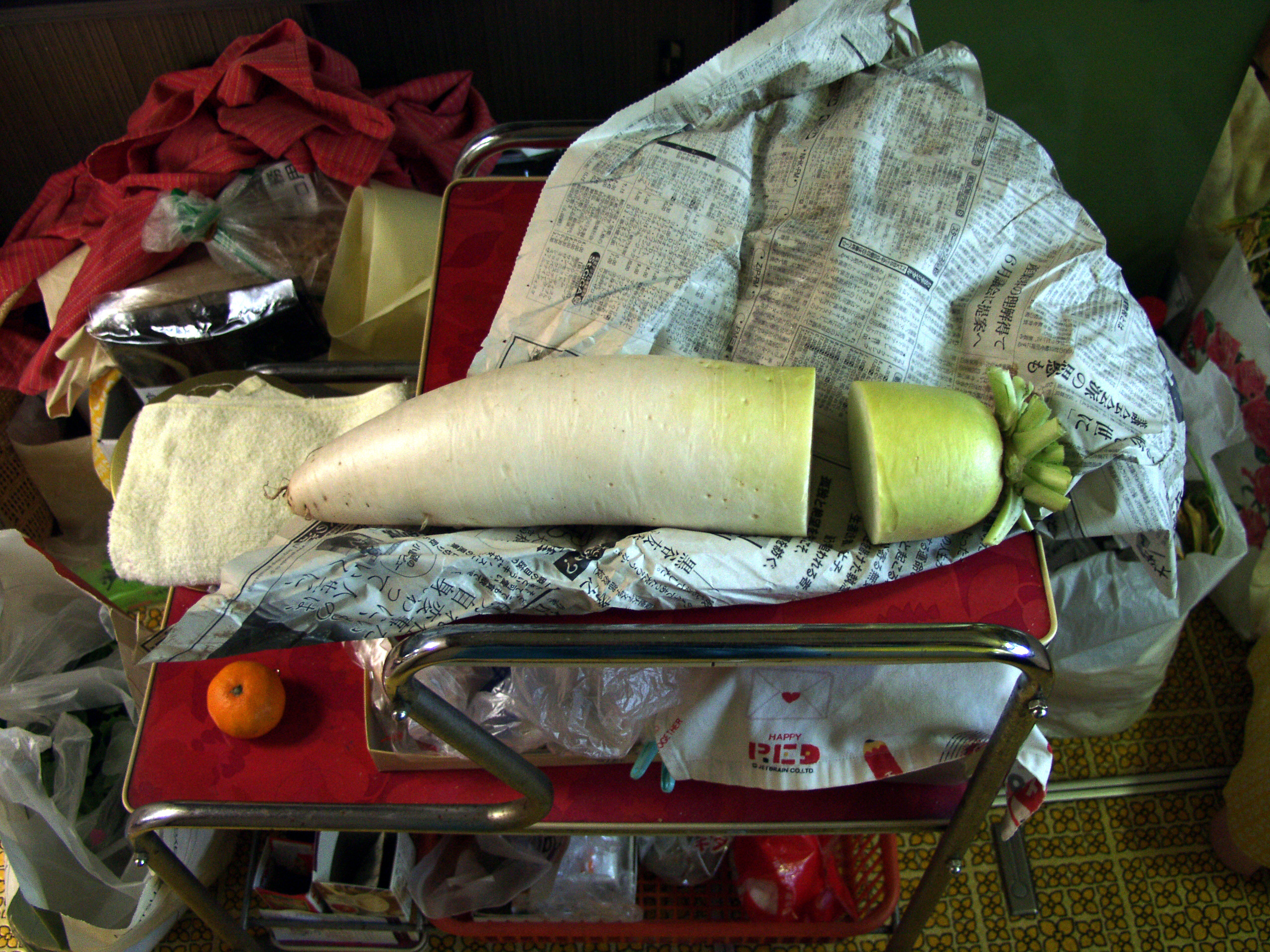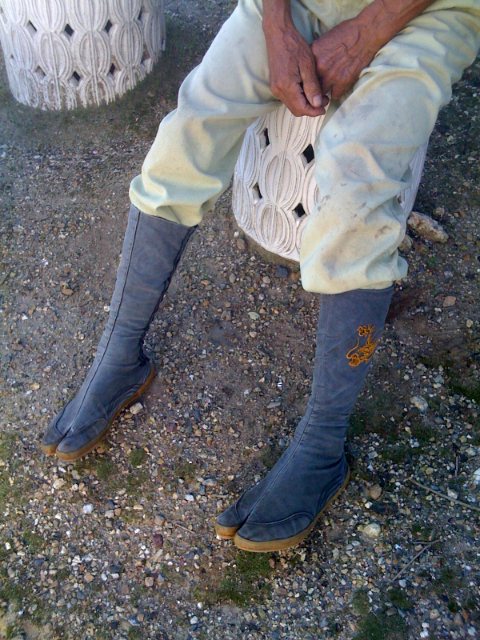As always, I apologize for the lack of weekend update. Many of you know this last weekend has been crazy - plus, less than six hours of sleep a night, for the past four or five nights running. That said, coming up soon:
pictured: Brain Food!
1. You think what you eat: experiments in carb restriction and thought.
The brain loves glucose. The average brain consumes about 250 m&m's worth of glucose every day. The active brain consumes more. For the past four weeks I have been on a very calorie restrictive diet, especially restrictive of carbs, fructose, and glucose. I haven't been eating all that much protein either - or all that much of anything. I'm planning on making the transition out to a muscle building diet this week, and I was hoping to test my brain a few different ways before ending the diet (Dual-N-Back, 15 minute recall, Mind Tree exercises, Math drills, Word and number space drills). The thing is - I'm so tired any attempted study would be completely worthless. What I will try to test is my mind's change (if any) as I come off the caloric restriction - whether there's any difference one week into normal eating patterns vs two. I'm probably not done dieting before my life is over, so I think I'll have the chance to do this test again - and in that case, I'll already have the mental tests worked out before I start the diet (I'll share the best ones I find with you, so you can join in the experimentation!)
Obviously, this is one man study isn't really a study at all, just a small piece of broken data. To really do this right, I'd want about two hundred subjects, one hundred tested on their way into caloric restriction, the other half tested on their way out. Testing would be widely spaced and highly controlled to make as certain as possible that learning wasn't messing with the results. But we have to start somewhere. (and I'm a big fan of personal experimentation.)
All that said, regardless of the results of this test, I lost about 18 difficult-to-loose pounds (175-158) in the space of four weeks on this diet. Anyone interested, let me know, I'll point you to what I did.
Oh, and calorie restriction seems to work in mice and (aged) people to improve cognitive function:
http://www.sciencedirect.com/science/article/pii/019745809090008N
http://www.sciencedirect.com/science/article/pii/0031938493902439
http://www.pnas.org/content/106/4/1255.short
Or not:
http://www.pnas.org/content/106/4/1255.short
http://www.sciencedirect.com/science/article/pii/S0197458003001155
Bonus: Curious male-female contrast:
http://endo.endojournals.org/content/148/9/4318.short
2. Reviews!
People review movies and books - but what about educational resources? I'm going to try to start reviewing educational and cognitive training resources over the next week, both to heighten exposure and to help myself decide which ones I personally should use.
As I start reviewing more and more, expect to see a few "best of" posts - "best dual-n-back test" "best memory training" "best mnemonics" etc.
Also, I hope to start heavily using a data-oriented review set - instead of doing the usual Roger-Ebert write-up, I'll be judging most resources on a set of standard qualitative and non-qualitative criteria, and entering all the numbers into a public Google Spreadsheet, so anyone can look at the numbers and make pretty graphs and stuff with them, if they want to. I'm already starting the
spreadsheet here:
https://spreadsheets.google.com/spreadsheet/ccc?key=0AsnzUKWIKw3ldG9PeXlPTmRpeUVjQ2d2b0NaamlmRWc&hl=en_US
Feel free to include suggestions of measures you'd like to see included. I'd like to keep things brief, but I'll try to evaluate everything I can.
3. More pictures. I'll get some vacation pictures up by the end of this week, I promise.
4. Sometime: Budgeting a trip around the world.
My wife and I just took a 10-month trip around the world for less than $10,000 total - less than $5000 a person. Not to brag, but I think this could be a textbook example of how to experience other cultures on the cheap. We did the whole thing on our savings. That price includes airfare, trains, a night in the oldest hotel in the world (awesome), and all of this in some of the most expensive and least dollar-friendly markets out there (Japan, Eurozone, UK). We could have easily done the trip under $7000 total ($3,500 a person) if we weren't splurging on the extra nights in Paris, London, the oldest hotel in the world, Tokyo, Kyoto, Rome, Florence, and a train trough Switzerland. If we'd decided to visit less expensive cultures, (say Korea-India-Russia-Eastern Europe) we could easily have completed the trip on even less. One of these days, I'll tell you what I learned. Probably not this week. I have more important things to do. Hopefully, I can also fit in some more culture-specific details with some of my picture postings.
I look forward to writing to you.
A Yeoman and a Scholar



















































